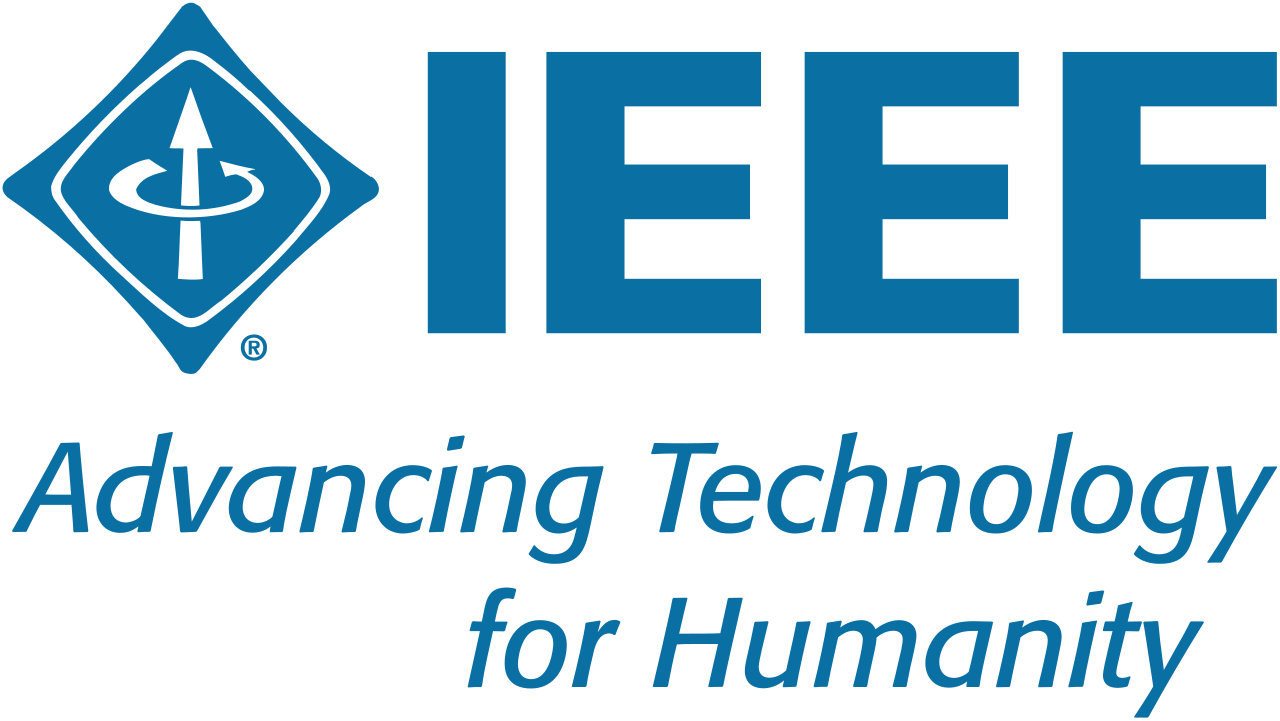The Role of E-Money in Sustainable Smart City Development in Bogor City Area
Abstract
In the current era of society 5.0, especially in industry 4.0, the use of information systems is very important where in this era the community is expected to help the development of smart cities. In this era, people always carry out activities with technology and digitalization, one of which is how to transact that transforms electronically with technology. Currently, e-money is considered to have its own role in the sustainability of community activities, especially in the city of Bogor, so that if the role of e-money can be utilized, a positive value can be generated for the sustainability of smart city development. To assess the success of the role of e-money, this research instrument was built using the DeLone and McLean methods in building a research model that aims to support the development of smart cities with aspects of indicators such as information quality, system quality, service quality, user satisfaction level, utilizing and net benefit. The research method used in this study is factor analysis to process the data obtained from the questionnaire. The Alpha Cronbach value in this study has a value of 0.971 or 97.1%, so it can be concluded that the positive influence of e-money is very large to support the development of smart cities in Bogor City. This research is expected to provide information related to the sustainable development of smart cities in Bogor City.
Keywords
References
Badan Pusat Statistik. 2020 Jumlah Penduduk Kota Bogor Berdasarkan Kecamatan Tahun 2020â€. Available:https://databoks.katadata.co.id/datapublish/2021/09/17/jumlah-penduduk-kota-bogor.
U. Faruqi Future Service in Industry 5.0†Jurnal Sistem Cerdas Vol.2 (1): 67-79. DOI: 10.37396/jsc.v2i1.21. ISSN: 2622-8254, 2019.
J. Nugraha E-Government Dan Pelayanan Publik (Studi Tentang Elemen Sukses Pengembangan E-Government Di Pemerintah Kabupaten Sleman) DOI: 10.31002/jkkm.v2i1.758. Jurnal Komunikasi dan Kajian Media P-ISSN 2597-7490 / E-ISSN 2598-2869, 2018.
B. Salgues Society 5.0 Industry of the Future Technologies, Methods and Tools (Volume 1), British Library Cataloguing in Publication Data ISBN 978-1-78630-301-1, 2018 [River Street Hoboken USA - John Wiley & Sons, Inc].
M. Fukuyama Society 5.0: Aiming for a New Human-Centered Society†Japan Spotlight 27 August. 47-50, 2018.
L. Ellitan. Competing in The Era of Industrial Revolution 4.0 and Society 5.0†Journal Maksipreneur 10 (1): 1-12, 2020.
C. Anam E-Money (Uang Elektronik) Dalam Perspektif Hukum Syariah†ISSN: 2598-3156, 2018.
Bank Indonesia. 2018 Peraturan Bank Indonesia Nomor 20/6/PBI/2018 tentang Uang Elektronik†Tanggal berlaku: 4 Mei 2018. Available: https://www.bi.go.id/id/publikasi/peraturan/Pages/PBI-200618.aspx
J. Tarantang Perkembangan Sistem Pembayaran Digital pada Era Revolusi Industri 4.0 di Indonesia†Journal Al Qardh Vol. 4 No.1 ISSN 2599-0187, 2019.
S. Shayan The First Two Decades of Smart City Research from Risk Perspective†MDPI Journals Sustainability, 12(21), 9280, 2020; https://doi.org/10.3390/su12219280
T. Monfaredzadeh Investigating Social Factors of Sustainability in a Smart City†Procedia Engineering Vol. 118 p.1112-1118, 2015 DOI: 10.1016/j.proeng.2015.08.452
H. Kumar and M. Singh Moving Towards Smart Cities: Solutions That Lead To The Smart City Transformation Framework†Technological Forecasting and Social Change Volume 153, 119281, 2020 DOI: https://doi.org/10.1016/j.techfore.2018.04.024
R. Givan "Effective Use of E-Money through Online Shopping in E-Commerce," International Journal of Educational Research & Social Sciences,vol. 2, no. 6, pp. 1692-1697, 2021.
Sugiyono Metode Penelitian Kuantitatif Kualitatif R&D. Penerbit CV. Alfabeta, Bandung, 2017.
B. Sudaryana Metodologi Penelitian Kuantitatifâ€. Penerbit Deepublish CV Budi Utama Group, Sleman. ISBN: 978-623-02-3988-5, 2022.
Z. Mustafa Understanding the impact of digital service failure on users: Integrating Tans failure and DeLone and McLeans success model†International Journal of Information Management Volume 53, 102119, 2020.
E. Bartis and N. Mitev, A multiple narrative approach to information systems failure: A successful system that failedâ€, European Journal of Information Systems, vol.17, pp.112-124, 2008.
W. Sardjono, D. M. Kristin, G. R. Putra, G. Salim and S. Subiyantoro, Evaluation Model of Yachters Information System Implementation Success Using Delone and Mclean to Increase Organization Performanceâ€, ICIC Express Letters, vol.16, no.2, pp.205-213, 2022.
W. Sardjono and Devyana, Performance analysis of human resource information system using a factor analysis methodâ€, ICIC Express Letters, vol.15, no.1, pp.87-97, 2021.
N. Gorla, T. M. Somers and B. Wong, Organizational impact of system quality, information quality, and service qualityâ€, Journal of Strategic Information Systems, vol.19, no.3, pp.207-228, 2010.
I. Ghozali Aplikasi Analisis Multivariete Dengan Program IBM SPSS 23†Edisi 8. Semarang. Badan Penerbit Universitas Diponegoro, 2016.
J. Floropoulos, C. Spathis, D. Halvatzis and M. Tsipouridou, Measuring the success of the Greek taxation information systemâ€, International Journal of Information Management, vol.30, no.1, pp.47- 56, 2010.
DOI: 10.33751/komputasi.v19i2.5674
 Abstract views : 628
Abstract views : 628
Refbacks
- There are currently no refbacks.

This work is licensed under a Creative Commons Attribution 4.0 International License.









